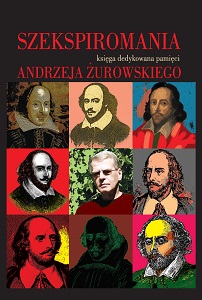Hamlet and the Travelling Players
Author(s): Daniel Gerould / Language(s): English,Polish
/ Publication Year: 0
Keywords: itinerant actors; Hamlet; Eastern European theatre; Shakespeare adoptions;
This article discusses depictions of itinerant actors as a key to the innermost essence of theatrical art. In particular, it touches on productions of Hamlet and the experience of Eastern European theatre. In Hamlet, the wandering players perform several functions. Firstly, they reflect the political tensions of the day and the economic competition from children’s companies which Shakespeare was facing at the time. Secondly, they may be a reminiscence from Shakespeare’s own childhood, when similar itinerant companies visited Stratford. Thirdly, these scenes introduce the theme of theatre, even if the nature of Hamlet’s own stage experience remains open. It should be noted that historical attitudes to itinerant actors have not been stable. Initially very much an underclass occupation, the stigma was gradually replaced by a rhetoric of rebellion: a homeless actor turns into a dissenter, a poor but free vagabond, a pariah, a scapegoat, an occasional martyr. All these options are present in productions of Hamlet. The actors at Elsinore are chroniclers of the events, but also participants, even instigators of the events. Characteristically, Eastern European productions in countries marked by the experience of totalitarianism sometimes depict the actors as tragic figures, ensnared in political intrigue against their will, brutally abused and severely punished for naively siding with Prince Hamlet.
More...

